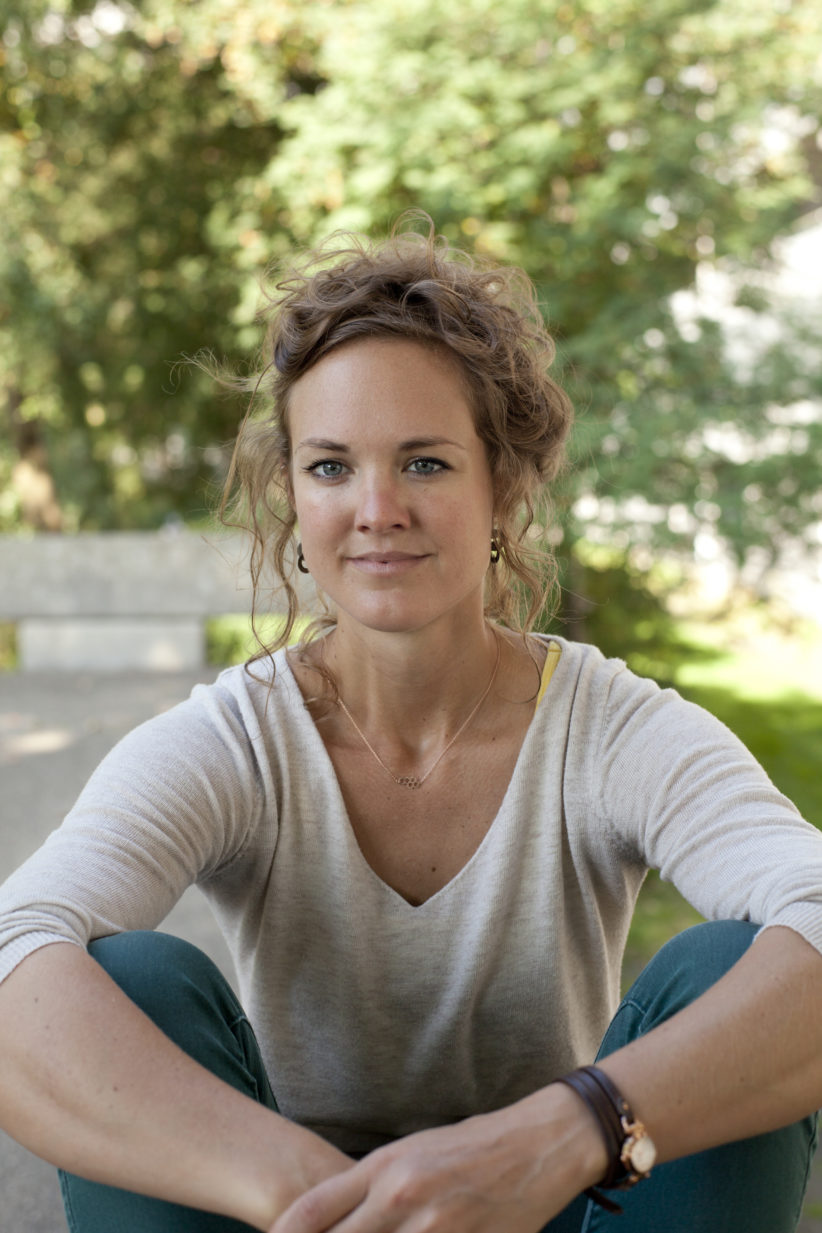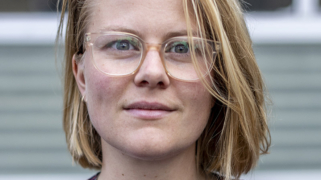Revisit our own research cultures and practices first
How does culture present a context, barrier and opportunity for social innovation? This was the leading question the social innovation research community asked itself at Social Frontiers Canada.
It was here that speakers described the underpinnings of cultures, from aboriginal cultures in both Australia and Canada, to governmental cultures in Europe and North America.
But is culture eminently something of ‘the other’: the teacher, the native people, the civil servant? Can we distance ourselves from that ‘other’ to objectify, study and ultimately allow ourselves to understand and interpret collectively held attitudes, behaviours, values and assumptions of social innovation practices? Or is it an old academic reflex, a sign of exclusive practice, as the significant ‘others’ were not present in the conference room?
I think that as an emergent research community we can do better. I believe that the principal aim of social innovation research is to re-search, re-visit and challenge existing assumptions, ideas, and theories of socially innovative practices to support for example schools, teachers, students and parents in progressing in society.
Therefore the social innovation research community needs to not study topics of ‘the other’. Instead it needs to first revisit our own research cultures to uncover that, which presents context, barrier and opportunity in our own research practices. We need to challenge our own values, norms and practices, otherwise we will not alter dominant power balances in the political economy of knowledge production.
Only then will we be able to answer the next best question: which new, collaborative research methodologies can we develop to support the field of social innovation, with ‘the other’?Which new, collaborative research methodologies can we develop to support the field of social innovation, with ‘the other’?
I may offer a first attempt, as the need to revisit research cultures is frequently echoed in my work in the field of educational innovation. Teachers, who are the innovators in our programme Education Pioneers++Education PioneersWith financial and intellectual support, Education Pioneers enables teachers to realise a creative and innovative idea that could contribute to the potential of the school., expressed that they are tired of filling questionnaires and attending focus group discussions, in which they have to answer questions of ‘others’. In this case the ‘others’ are researchers (academics, consultants), who are briefed again by ‘others’: civic organisations, or national education policy makers.
In turn, they too are instructed by ‘others’: universities which give incentive to researchers to publish their outcomes in journals with high impact factors in order to secure new research funds. Civic policy organisations are briefed and instructed yet again by ‘others’, such as politicians in search of practical translations of their agendas.
As a society we could wonder whether outsourcing of knowledge production is efficient and cost-effective. But what should really concern us are the consequences of a culture of ‘outsourcing’. My practice shows that this principle of disconnecting knowledge from its producers is leading to separate expert cultures that make innovators, e.g. teachers, more vulnerable to politics – who pays for the research may decide the design, the questions, everything.
At best this culture of ‘outsourcing’ returns the knowledge of teachers in the form of unreadable, inaccessible reports and brand new policies. More often their answers come back in new solutions they don’t need, leaving their own innovation and learning space even smaller.
In the worst case scenario, their own questions, which are predominantly about how to move away from the socially dominant status quo, e.g. ‘how do I best get parents on board to test my new library concept’, or ‘how do we co-operate with our director to change our school policy’, go unheard and are left unanswered.
How can we stimulate and support a more collaborative culture of knowledge production? We can start today by inviting ‘the others’ into our conference rooms and into our research practices.
I felt Dr. David Phipps, executive director of innovation and research at York University (Toronto) kick-started us in the right direction by sharing his invaluable insight at Social Frontiers. He made a strong call to redefine what a partnership between academia and practice means, and to cultivate more hybrid, multi-disciplinary researchers and practitioners, the ‘pracademics’ of this world. What would their collective ethics and value set look like?
At the next Social Frontiers, I am hoping to think through the following future scenarios, in collaboration with the people we work with: university administrators, co-researchers, research contractors and practitioners. Because we, as social innovation researchers, cannot afford to keep talking only amongst ourselves.
What if…
- we diversified our conference crowd with power holders, e.g. publishers and university officials, to discuss how to better incentivise research beyond journal articles with high impact scores?
- we prompted a different kind of conversation about research with research contractors, e.g. ministries, civic institutions, policy makers?
- we thought of more creative ways to organise our own knowledge production at conferences by moving away from one-directional talking heads and working tables?
- we think beyond learning at international conferences and construct more local learning communities with practitioners?
This blog post is part of a series of reflections on the issues raised at this year’s Social Frontiers conference in Vancouver. To explore the blogs, or find out more information about the conference, visit this page.
Marlieke Kieboom





